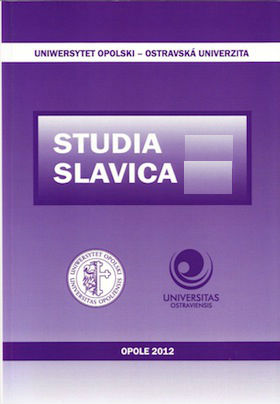ROLA PAMIĘCI RODZINNEJ W KSZTAŁTOWANIU TOŻSAMOŚCI REGIONALNEJ
The Role of Family Memory in the Shaping of Regional Identity
Author(s): Janina Hajduk-NijakowskaSubject(s): Social Sciences, Sociology of Culture, Sociology of Education
Published by: Uniwersytet Opolski
Keywords: Memory; community of memory; implicit memory; post-memory; identity
Summary/Abstract: Family memory is of particular importance in the process of socialisation of the younger generation and the shaping of identity. The passed down stories about the past events affect the way the world is understood and interpreted. The so-called implicit memory, forming regional communities of memory, is particularly important. The author, based on examples of two such communities: the family memory of the Silesians and Eastern Borderlands (Kresy) inhabitants, discusses the process of “revealing” the memory and argues that in the contemporary stories on subjects concealed in the official memory until 1989, it is impossible to find original “raw” accounts. These are qualitatively new narratives, often mythologised, related to experiences of contemporary inhabitants of Silesia, both native and displaced. According to the author, the category of family post-memory will facilitate the analysis of relationships between children, parents and grandparents when narrative images are so strong and long-lasting that they define contemporary emotions and understanding of past events. And this, no doubt, determines the identity of the family and local community.
Journal: Studia Slavica
- Issue Year: 19/2015
- Issue No: 2
- Page Range: 335-344
- Page Count: 10
- Language: Polish

